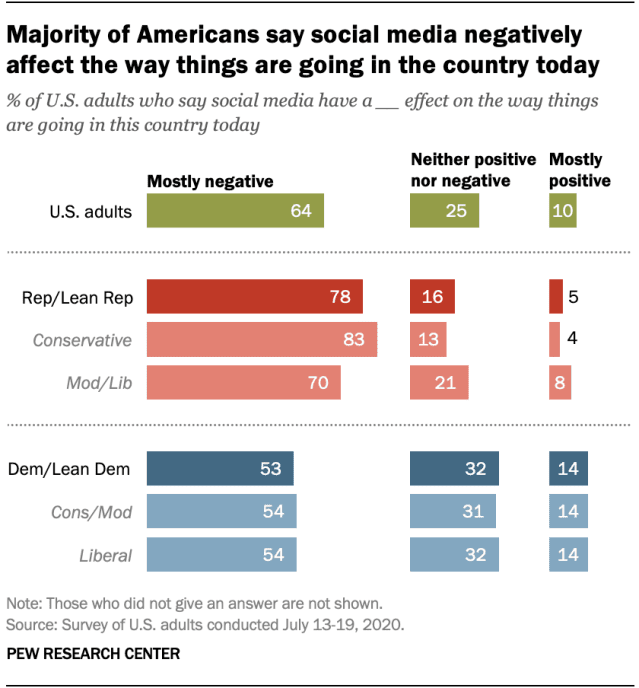Despite the challenges and controversies that may surround religion, it remains a powerful force for good in the world, providing individuals and communities with the tools and resources they need to build a better and more just society. By recognizing and celebrating the many ways that religion positively impacts society, we can work towards a more harmonious and peaceful future for all.
10 Ways Religion Positively Impacts Society
Religion has played a significant role in shaping the world and its societies since ancient times. Throughout history, religion has been a driving force for positive change, offering guidance, hope, and inspiration to individuals and communities. Here are ten ways that religion has positively impacted society.
1. Promoting Moral and Ethical Values
Religion is a source of moral and ethical values. It teaches people how to distinguish between right and wrong and promotes the importance of ethical behavior. Religious institutions provide guidance on how to lead a good life, emphasizing moral values such as honesty, integrity, and compassion, which are essential to building a just society.
2. Fostering a Sense of Community
Religion fosters a sense of community and belongingness among people. Religious institutions bring people together and provide a platform for social interaction and collaboration. Religious communities offer a support system to their members, which is particularly important in times of need or crisis.
3. Encouraging Charity and Volunteerism
Religious institutions are known for their charitable work and humanitarian efforts. Religion promotes the idea of helping others and serving the less fortunate, which is reflected in the various charity and volunteer programs organized by religious groups. Religious institutions also inspire individuals to become involved in their communities and contribute to the greater good.
4. Promoting Education and Intellectual Growth
Religious institutions have played a pivotal role in promoting education and intellectual growth. Many of the world’s oldest universities were founded by religious institutions, and the importance of education remains a central theme within many religions. Religious education encourages critical thinking and promotes intellectual curiosity, which are essential to building a knowledgeable and enlightened society.
5. Encouraging Artistic and Cultural Expression
Religion has inspired some of the world’s most beautiful works of art, music, and literature. Religious institutions have encouraged artistic expression and patronized the arts throughout history. Religion has also contributed to the preservation of cultural traditions and customs, which are essential to maintaining cultural diversity in society.
6. Providing a Sense of Purpose and Meaning
Religion provides individuals with a sense of purpose and meaning in life. It offers a framework for interpreting the world and understanding one’s place in it. Religion provides comfort and solace to individuals during times of hardship and provides guidance on how to live a fulfilling and meaningful life.
7. Promoting Peace and Harmony
Religion promotes peace and harmony among people of different cultures and backgrounds. Many religious teachings emphasize the values of love, compassion, and forgiveness, which are essential to building a peaceful society. Religious institutions are also involved in promoting interfaith dialogue and understanding, which is vital to fostering a harmonious and tolerant society.
8. Providing Moral Guidance to Lawmakers
Religious institutions provide moral guidance to lawmakers and leaders, which shapes public policy and promotes the common good. Religious institutions have had a significant impact on legislation concerning issues such as human rights, social justice, and poverty alleviation. Religious leaders provide a moral compass for society and serve as an important voice in national and international debates.
9. Providing Spiritual Healing
Religion provides spiritual healing to individuals who are suffering from physical, mental, or emotional ailments. Religious institutions offer spiritual guidance and support to individuals who are dealing with grief, trauma, or illness. Religion provides a sense of hope and meaning to individuals during times of crisis, which is essential to their overall well-being.
10. Promoting Environmental Stewardship
Religious institutions promote environmental stewardship and encourage individuals to take responsibility for the planet. Many religious teachings emphasize the importance of protecting the environment and preserving natural resources. Religious institutions are also involved in promoting sustainable development and environmental conservation, which is essential to ensuring a healthy and sustainable future for all.
Conclusion
Religion has played a significant role in shaping the world and the societies within it. It has provided guidance, hope, and inspiration to individuals and communities throughout history. Religion promotes moral and ethical values, fosters a sense of community, encourages charity, promotes education and intellectual growth, encourages artistic expression, and provides a sense of purpose and meaning to life. Religion also promotes peace, provides moral guidance to lawmakers, offers spiritual healing, and encourages environmental stewardship. The positive impact that religion has had on society is undeniable, and its importance cannot be overstated.
